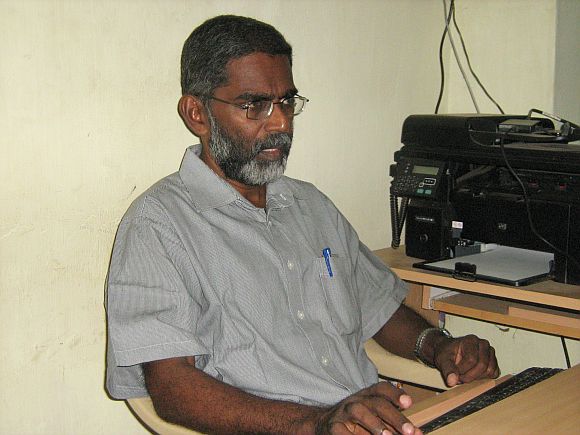 In a rare honour, the United States has named a mountain in Antarctica after eminent Indian-American scientist Akhouri Sinha whose pioneering biological research expedition has provided vital data about animal populations.
In a rare honour, the United States has named a mountain in Antarctica after eminent Indian-American scientist Akhouri Sinha whose pioneering biological research expedition has provided vital data about animal populations.
Sinha, adjunct professor in the Department of Genetics, Cell Biology and Development at the University of Minnesota, was recognised by the US Geological Survey, which named the mountain Mt Sinha for the work he did as an explorer.
Sinha was a member of a team that catalogued population studies of seals, whales and birds in the pack ice of the Bellingshausen and Amundsen Seas using US Coast Guard Cutters Southwind and Glaciers in 1972 and 1974.
The mountain was named by Advisory Committee on Antarctic Names (US-ACAN) and the US Geological Survey.
Mt Sinha, a mountain (990 m) at the southeast extremity of Erickson Bluffs in the south part of McDonald Heights, overlooks lower Kirkpatrick Glacier from the north in Marie Byrd Land.
"Anyone can see the Mt Sinha, Antarctica on Google.com or Bing.com," Sinha told PTI in an interview.
"Show to the world that you are capable, don't be afraid to contact people out in the field today, and grab every opportunity," he said.
Sinha said he was invited to conduct research on reproduction of Antarctic seals by the National Science Foundation Antarctic Programme.
“I went to Antarctica on two expeditions lasting for about 22 weeks on the US Coast Guard cutters, Southwind and Glacier, during 1972 and 1974, respectively,” said Sinha, who has published over 100 papers and has been teaching graduate level courses for almost 25 years.
Recollecting his research experience in Antarctica, Sinha said during the four-month research session, he and his teammates surveyed animal populations from a Coast Guard ship.
"We were often dropped via helicopter atop vast sheets of pack ice to observe and capture resident fauna," he said, adding that once he was even attacked by predatory Skua birds near Palmer Station. "No guts, no glory."
Sinha rues that the ice he once traversed has begun to disappear at an alarming rate.
Records of population sizes, types and behaviours created by Sinha and his teammates have established critical baseline data that remain relevant in today's climate change debates.
Photograph courtesy of University of Minnesota










